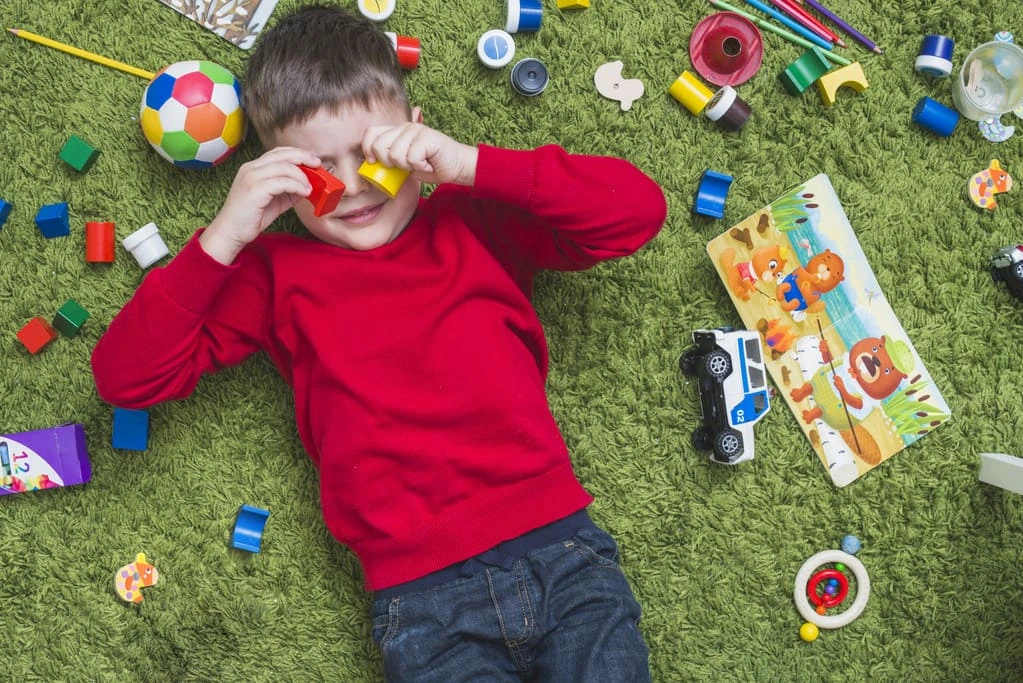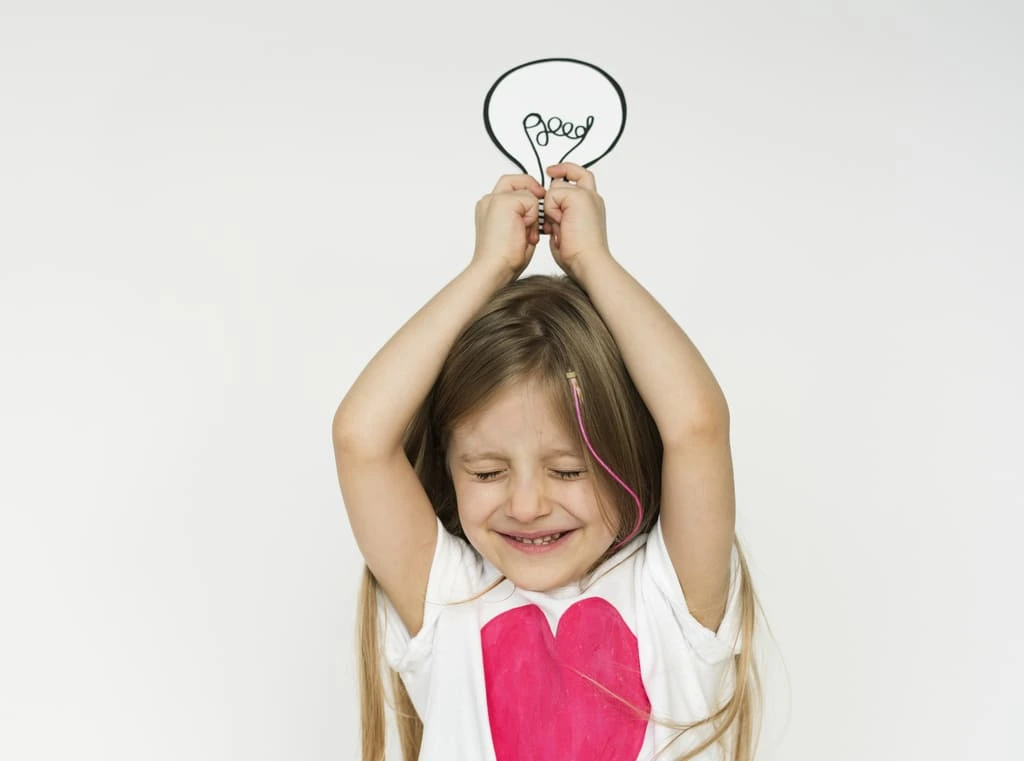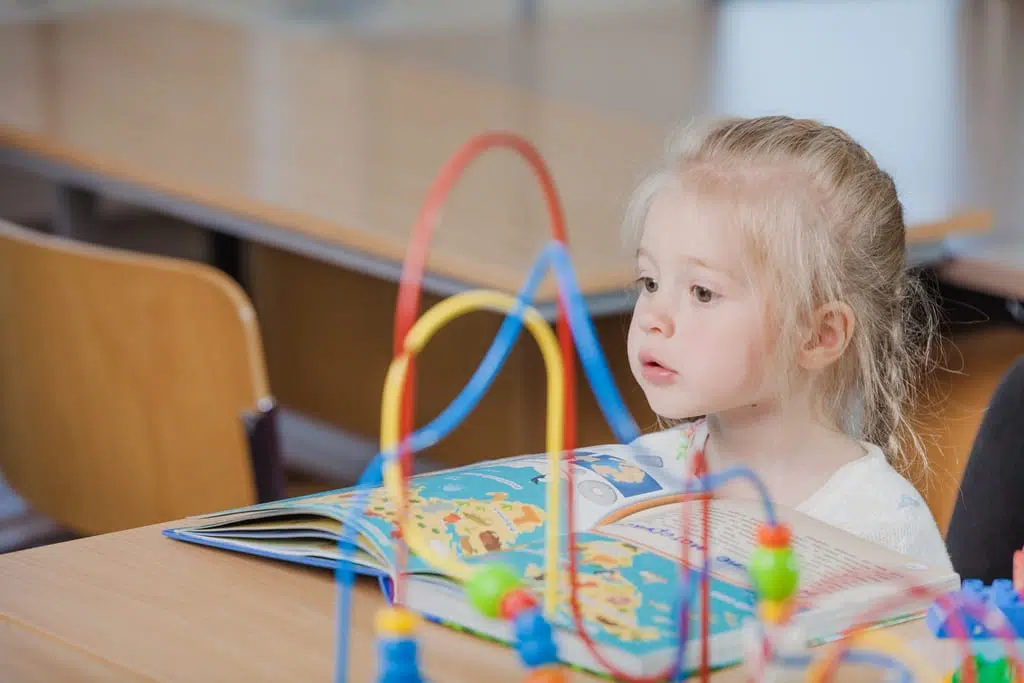Definition of Neurodiversity
Neurodiversity is a concept advocating for recognising and accepting different cognitive abilities, where the human brain works differently. This natural variation acknowledges that there is no singular “normal” or “standard” brain function but rather a spectrum of neurological differences. This includes individuals with Autism Spectrum Disorder, ADHD, dyslexia, learning disabilities and other developmental or cognitive differences. Neurodivergent people may process information, learn, and perceive the world differently from neurotypical people.
Fostering neurodiversity in workplaces, educational settings, and communities can lead to greater creativity, innovation, and problem-solving, as diverse perspectives enrich the collective pool of ideas and solutions. Therefore, accepting neurodiversity and neurodivergent behaviours becomes a broader societal principle, empowering individuals to embrace their unique minds and contributing to a more compassionate and inclusive world.
The Significance of Understanding Children’s Diverse Abilities
Understanding children’s diverse abilities helps promote equitable education, fostering a positive and nurturing environment for neurodivergent children. Moreover, understanding children’s diverse abilities is crucial for identifying and addressing learning barriers early on and facilitating early interventions and support.
Each child possesses unique strengths and challenges, and recognising and adapting these differences allows educators to tailor their teaching methods and support systems accordingly. By acknowledging diverse abilities, teachers can provide personalised learning experiences, enabling every child to reach their full potential. This approach also helps reduce stigmatisation and create a more accepting classroom environment where neurodivergent students learn to respect and cherish one another’s differences, ultimately promoting empathy and social union.

Difference Between Neurodivergent and Neurotypical Children
Speaking of neurodivergent and neurotypical children can become a subject that is easily overlooked and undervalued when describing children with different developmental abilities. The reason for this is that society tends to categorise people rather than to understand people. For example, Autism covers a wide range or spectrum of challenges, and not everyone who experiences developmental challenges falls within this spectrum.
We often come across two terms: “neurotypical” and “neurodivergent.”
A “neurotypical” child is one whose brain develops and functions in a societal typical way. On the other hand, a “neurodivergent” child’s brain works differently and displays differences in development and behaviours.
Distinguishing between a neurotypical child and a neurodivergent child can be challenging. A neurotypical child usually acquires skills and behaviours regularly and follows a typical developmental timeline. And a neurodivergent child may not follow the same timeline and could display behaviours different from what we typically expect.
Common Neurodivergent Conditions in Children
About 1 in 6 children have variations in their brain development, and neurodiversity itself is not a medical diagnosis. The set of developmental differences affects how people’s brains work, and behaviour differs from the typical patterns of learning, social interaction and emotional regulation. In children, neurodivergent behaviours may be more pronounced as they are unable to control or hide their characteristics. The most common neurodivergent differences that children can experience are:
- Autism Spectrum Disorder
- Attention Deficit Hyperactivity Disorder (ADHD)
- Learning disabilities
- Learning difficulties
- Tourette’s syndrome
People with certain mental health conditions, such as bipolar disorder, obsessive-compulsive disorder and anxiety disorders, or intellectual disability, such as Down syndrome, might also identify as neurodiverse. These conditions make it challenging for individuals to navigate social relationships, group environments and often have co-occurring challenges with sensory processing and social anxiety.
When, as a society, we recognise and support children with neurodivergent conditions, we ultimately create a safer environment, fostering their unique strengths.
At Leaf Complex Care, we support neurodivergent children to improve their overall well-being, mental health and enable them to thrive in all aspects of life. Through humanised and tailored, person-centred care, our support workers focus on helping the children they serve reach their full potential and lead fulfilling lives.
Positive Aspects of Neurodiversity
Neurodiversity brings a wealth of positive aspects that enrich the fabric of our society. Individuals with neurodivergent traits often possess exceptional problem-solving abilities, heightened creativity, and keen attention to detail, leading to innovative breakthroughs in many fields. Moreover, their fresh and unconventional approaches to challenges inspire novel solutions, promoting a culture of diversity that empowers everyone to contribute their distinct strengths for the collective benefit of humanity.
Celebrating the wide spectrum of neurological differences fosters a deeper understanding and appreciation of unique perspectives. By embracing neurodiversity, we open the golden doors to a more compassionate and accepting world where every individual’s inherent worth and capabilities are recognised and cherished.
Celebrating Unique Strengths
Among many unique strengths, neurodiverse children have the ability to think from a unique perspective. This different thought process allows a neurodivergent child to look beyond standard methods and provide an alternative view of problems and difficulties. The traditional approach to thinking and problem-solving can be ineffective at times, and this is where they come up with fresh ideas that challenge the norm and enable society to expand and grow.
Many kids who are neurodivergent have incredibly vibrant and vivid imaginations. They possess an extraordinary level of creativity, coming up with ideas and solutions that are truly one-of-a-kind. Creativity isn’t limited to artistic skills but can manifest in various ways. Neurodivergent kids are known for their out-of-the-box thinking, which makes them be exceptionally innovative.

Highlighting the Creativity and Innovation
Neurodiversity has an amazing impact on society, starting with a boost in innovation and creativity. Children that are neurodivergent have their own unique way of solutions and innovation that neurotypical people might not have thought of otherwise. Their skills of remarkable attention to detail, excellent memory and exceptional analytical skills make an impact in the fields of technology, math, and science. Many major breakthroughs and advancements are unified under the umbrella of neurodiversity, bringing a whole new level of brilliance to the world.
For example, an autistic person might find that their precise and detail-oriented approach can result in an invaluable technological invention. Similarly, a dyslexic individual might bring beneficial insights into a complicated text by focusing on a different aspect of the material.
Supporting Neurodivergent Children
Supporting neurodivergent children is about recognising and embracing their unique strengths and challenges. It’s like being a caring and understanding guide, ready to listen and learn from their perspectives. These incredible young minds might experience the world differently, but with patience and empathy, we can create a safe space for them to flourish. Celebrating their achievements, no matter how small, and providing tailored support allows them to navigate life confidently and more independently.
Advocacy and Awareness
Using the term neurodiversity is a primary step that brings us closer to creating an inclusive and aware society for everyone on the neurodiverse spectrum. It is important for a neurodivergent child to receive the support they need, the proper care, and the caregivers who provide that care and support. Awareness and advocacy for the people who are neurodivergent are crucial in the role of empowering their different and unique needs and aspirations. Only when a child’s needs are recognised and understood, then we are only able to create the best way to offer compassionate support.
The caregiver plays a vital part in developing personalised plans to make the most applicable approach. They act as their child’s voice and ally, working closely with educators, healthcare professionals, and community members to promote inclusion and create an environment accommodating the child’s needs.
Creating Inclusive and Supportive Environments
There are many ways to create a safe and inclusive environment by offering support and providing assistive technology, such as sensory tools and toys. This involves promoting awareness and education about neurodiversity and implementing reasonable sensory accommodations since some children may have sensory processing difficulties, which make certain sounds, sights, or textures overwhelming.
Therefore, Leaf Complex Care have designed a sensory integration room that provides comfort and creates safety for people with sensory processing challenges. Embracing neurodiversity not only enriches our communities with varied perspectives but also paves the way for a more compassionate and accepting world where everyone can thrive and contribute their talents to the fullest extent.

Nurturing Self-Esteem and Self-Acceptance
By offering unconditional love and understanding, caregivers can help foster a sense of self-worth and acceptance in the children they support. Encouraging neurodivergent individuals to embrace their unique strengths and abilities while validating their emotions and experiences can significantly boost their self-esteem. Moreover, promoting open communication and actively listening to their concerns can enhance their confidence and self-assurance. When caregivers prioritise self-esteem and self-acceptance, neurodivergent children can develop a positive self-image and lead fulfilling lives, despite their challenges.
Educating Peers about Neurodiversity
The fundamental step to promoting empathy and understanding among peers is explaining that neurodiversity encompasses a wide range of neurological differences and strengths. Providing insights into the diverse range of neurological variations, such as Autism, ADHD, and dyslexia, empowers neurotypical individuals to embrace and appreciate the unique perspectives and strengths of their neurodivergent peers. Teachers and caregivers should encourage open discussions about the challenges and strengths of neurodivergent individuals, helping peers recognise that everyone’s experiences are unique.
Organised activities or presentations that showcase the talents and abilities of neurodivergent children debunking stereotypes and showcasing their unique perspectives can help emphasise the importance of inclusivity and creating an environment where all children feel valued and accepted for who they are.
Leaf Complex Care Supports Neurodivergent Children
At Leaf Complex Care, we have developed a comprehensive and humanised approach, and we tailor our care and support to each child’s specific needs, promoting their development, communication, and social skills.
Our support workers provide specialised and personalised support for neurodivergent children, recognising their unique strengths and challenges. Through a multidisciplinary approach, we foster a nurturing and inclusive environment and encourage holistic development. With a team of highly-experienced support workers, including in-house PBS therapists Leaf Complex Care empowers neurodivergent children to thrive and reach their full potential through more independent living.
We deliver our humanised services across the UK with offices in Bristol, the South East, Birmingham and Somerset.
Experience compassionate care carefully tailored to your loved ones’ needs – choose Leaf Complex Care for person-centred support.

